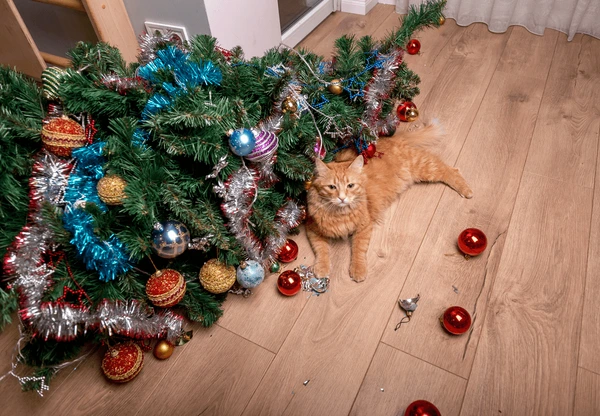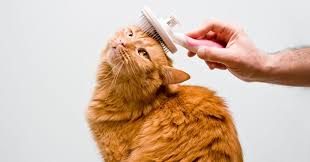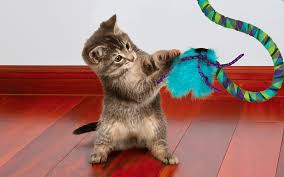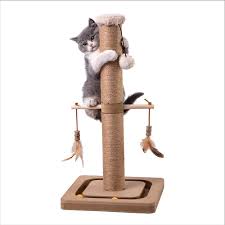Practice these Top 5 Holiday Pet Safety Tips, and sign up for a Pet First Aid Class so you will have the skills and confidence to help your best friend!

With Christmas upon us, the chances for ingestion of pet-UNfriendly foods and choking incidents, multiplies, so supervise, supervise, supervise throughout the celebration, and learn pet first aid…

- ROUTINE: Walk at your normal walk time, feed on schedule and don’t forget to play — it does a body good (human, canine, or feline). Don’t forget vitamins, washing bedding, scooping litter. Holidays create added chores, but change can create anxiety in your pet coupled with the intense energy you are giving off at this time of year. Sticking to your normal routine will help.

- DECORATIONS: Don’t let pets access tree water. Don’t hang edible items on the tree. Take care with candles and holiday scents which can upset canine and feline noses. Ribbon, tinsel, and bread dough ornaments can all be hazardous. When you have a furry child, you have a toddler for life that you must keep safe.
- COMPANY: Dedicate playtime just for you and your dog or cat BEFORE company arrives, and then let kitties retreat to a quiet back bedroom with safe toys to keep them out of mischief — scratching post, kitty tree or chew toys for dogs, maybe even quiet music, or a radio to drowned out noise coming from the boisterous humans. If you feel your pet can make an appearance, let him join in the fun, but remind children (0-99) not to bother pets when they are eating or sleeping, and to never pull ears or tails. If kitty’s ears and whiskers go back or your pup utters a low-gutteral warning, it’s time for socializing to cease. Pheromone sprays (Adaptil for dogs and Feliway for cats) may take the edge off their anxiety. Also, take care to make sure doors and gates are closed so as not to have a pet escape, and kindly ask overnight guests to keep suitcases closed so that your pet won’t sniff out trouble.
- FOOD & WATER: Anything on the floor is fair game, including toothpicks from hors d’oeuvres! Designate a place to deposit used cocktail sticks, and safely throw away bones, foil, and plastic wraps. Yeast from bread rising on counter tops will continue to ferment in a pet’s tummy, causing life-threatening bloat, an intestinal blockage and/or alcohol poisoning. Have pet-safe treats available and avoid giving Fido or Fluffy salty foods, gravies, dark meat and skins, and NO COOKED BONES of any type! With the heat cranked up in our homes and potentially upset tummies brought on by holiday stress, make sure your pets are staying well-hydrated.

- QUALITY TIME: Take time out daily to show your furry family members how much you love them! Drop your purse, briefcase, or backpack when you come home and get on the floor and play; make time for a walk WITHOUT your cell phone so that you tune in to your dog; let your cat curl in your lap and give her your undivided attention. Paying attention is one of the best ways to make sure you pets stay safe – by noticing them and keeping their environment safe.
For those moments when life happens, know where your nearest 24-hour animal emergency hospital is!
Sharing your life with a pet should be among your greatest blessings, so rejoice in knowing a four-legged friend has chosen to share his life with you, and in the New Year, learn or refresh your Pet First Aid skills so that you can help your dog or cat when he or she needs you most!







